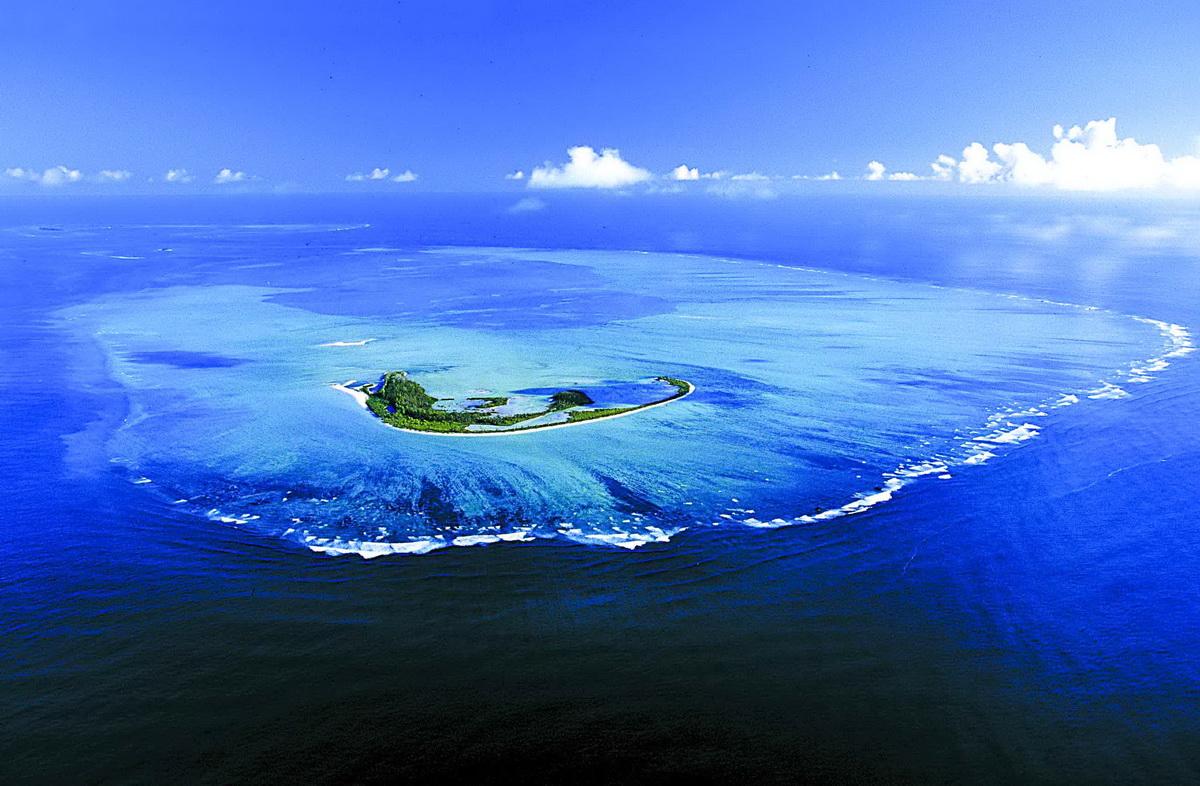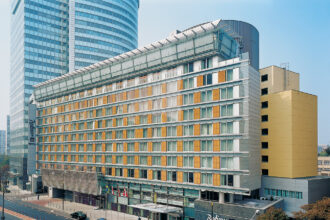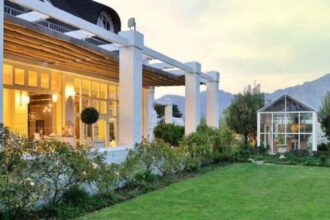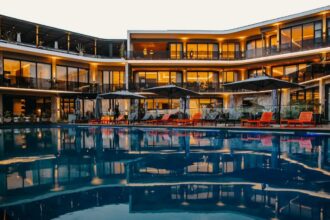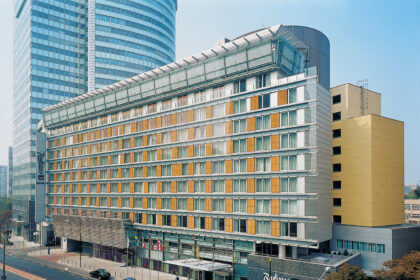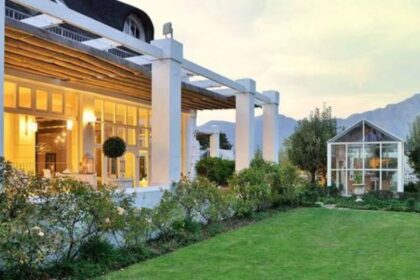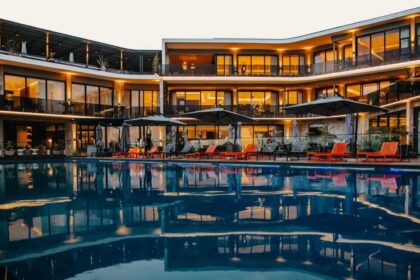At a Glance
- Seychelles and Mauritius top RMB’s Africa ranking for investor confidence and policy stability.
- Strong governance and clear regulation give both island nations a competitive investment edge.
- Mauritius excels in finance; Seychelles thrives on tourism, blue economy, and fiscal restraint.
Mauritius and Seychelles, have emerged as Africa’s top investment destinations in 2025, according to Rand Merchant Bank’s latest Where to Invest in Africa report.
The two Indian Ocean nations outranked major economies like Egypt, South Africa, and Morocco, reflecting how policy stability, good governance, and investor confidence increasingly shape Africa’s investment landscape.
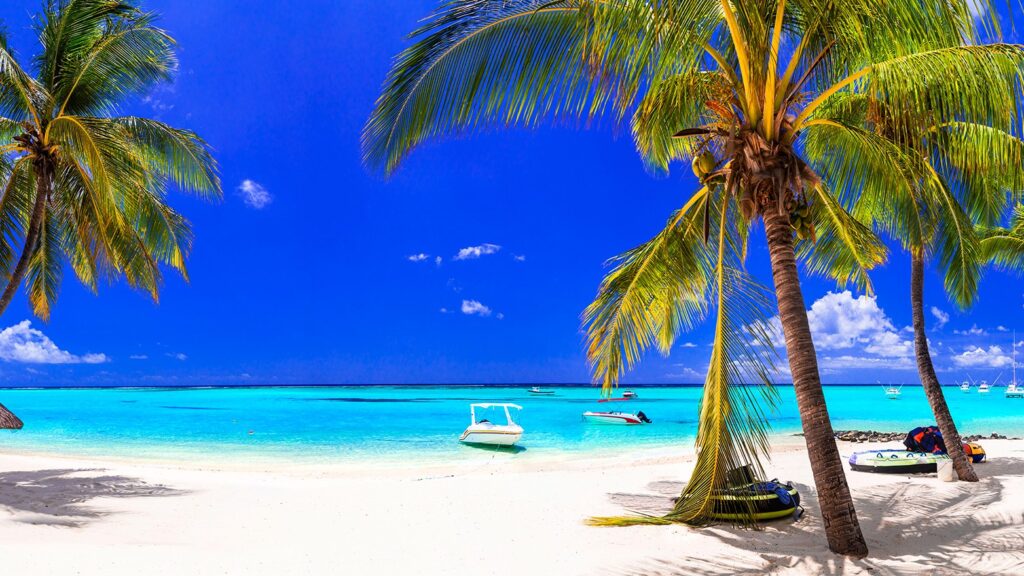
Small islands, big lead
RMB’s chief economist, Isaah Mhlanga, said investors are gravitating toward economies that deliver stability and clarity in uncertain times.
“Predictability counts,” he said at the report’s launch in Johannesburg. “When rules are clear and governments keep their word, businesses stay and expand.”
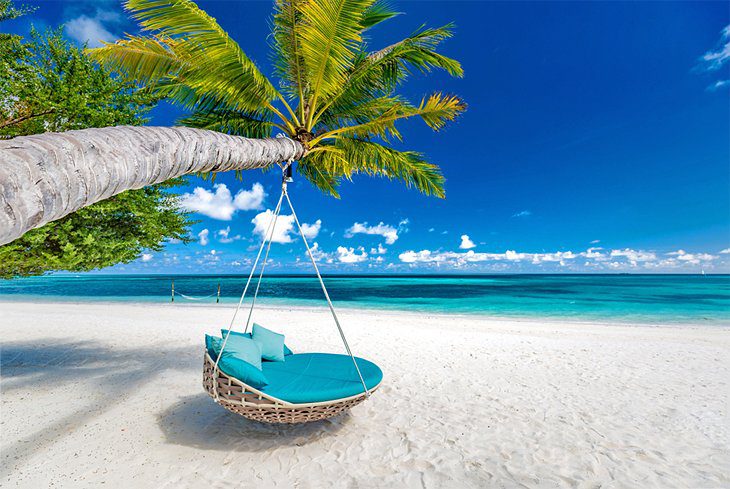
The contrast is sharp. Across parts of the continent, shifting politics, inflation, and global trade strains are unsettling the business mood. But Mauritius and Seychelles have managed to stay above the noise, relying on discipline and consistency to build trust over time.
Policy discipline and economic resilience
Mauritius has held its ground as a financial hub, thanks to a well-regarded regulatory system and a reputation for integrity. Its mix of finance, fintech, and offshore investment services keeps drawing capital from Asia, Europe, and within Africa itself.
Seychelles has followed a slightly different route. It leans on tourism, the blue economy, and offshore services, all underpinned by fiscal restraint. The country’s recovery after the pandemic has been stronger than most on the continent, helped by a sharp rebound in travel and tight budget control.
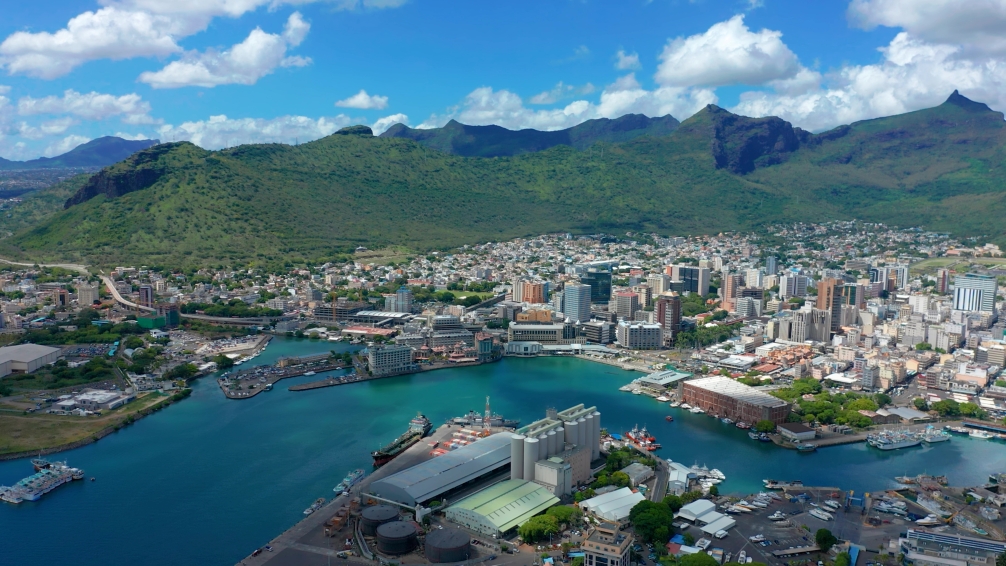
Both nations rank near the top in Africa for GDP per person and human development, and they often stand out in ease of doing business and infrastructure ratings.
What investors are really looking for
Mauritius and Seychelles don’t have the market size of Nigeria or Egypt. What they do have is credibility, and that’s become a valuable currency.
Predictable policy, efficient bureaucracy, and trustworthy institutions have turned them into ideal bases for regional headquarters, fund operations, and professional services.
“Size helps,” Mhlanga noted, “but what investors really prize is certainty, knowing that tomorrow’s rules will look a lot like today’s.”
Persistent challenges
Their small size also poses limits. Populations are modest, so domestic demand can only grow so far. Both economies rely heavily on the outside world for tourists, for trade, and for financial flows. Climate change is another looming threat, as rising seas and changing weather patterns could disrupt their coastal economies.
The two governments aren’t sitting idle. Mauritius exited the Financial Action Task Force’s grey list in 2022, and Seychelles has toughened its anti–money laundering rules. Both are investing in renewable energy, ocean-based industries, and climate adaptation, the sort of projects that signal long-term thinking.
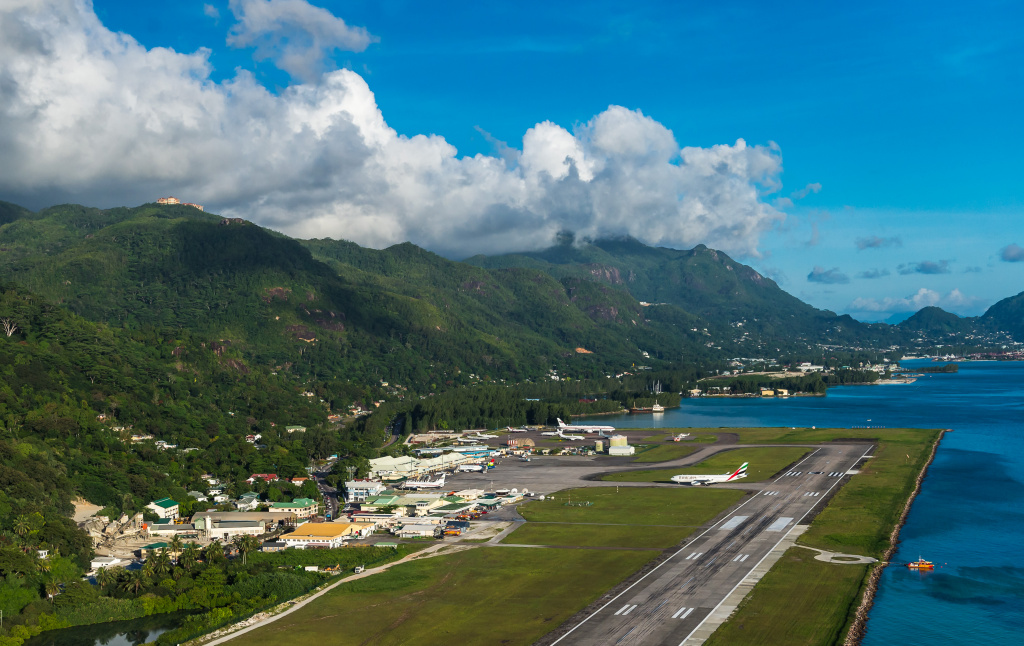
Redefining Africa’s investment story
The RMB report points to a shift in how investors view Africa. Institutional strength, policy credibility, and clean governance are beginning to matter as much as population size or natural resources.
Mauritius and Seychelles are proving that smaller nations, when managed with care, can outperform their heavyweight peers in attracting sustainable investment. Their progress carries a wider message: Africa’s growth story is now as much about transparency and innovation as it is about raw scale.
As global investors search for steady ground in a turbulent world, these two Indian Ocean islands offer a rare mix — openness, resilience, and a steady hand at the helm. It’s a combination that should keep them on top of Africa’s investment map for a long time to come.

